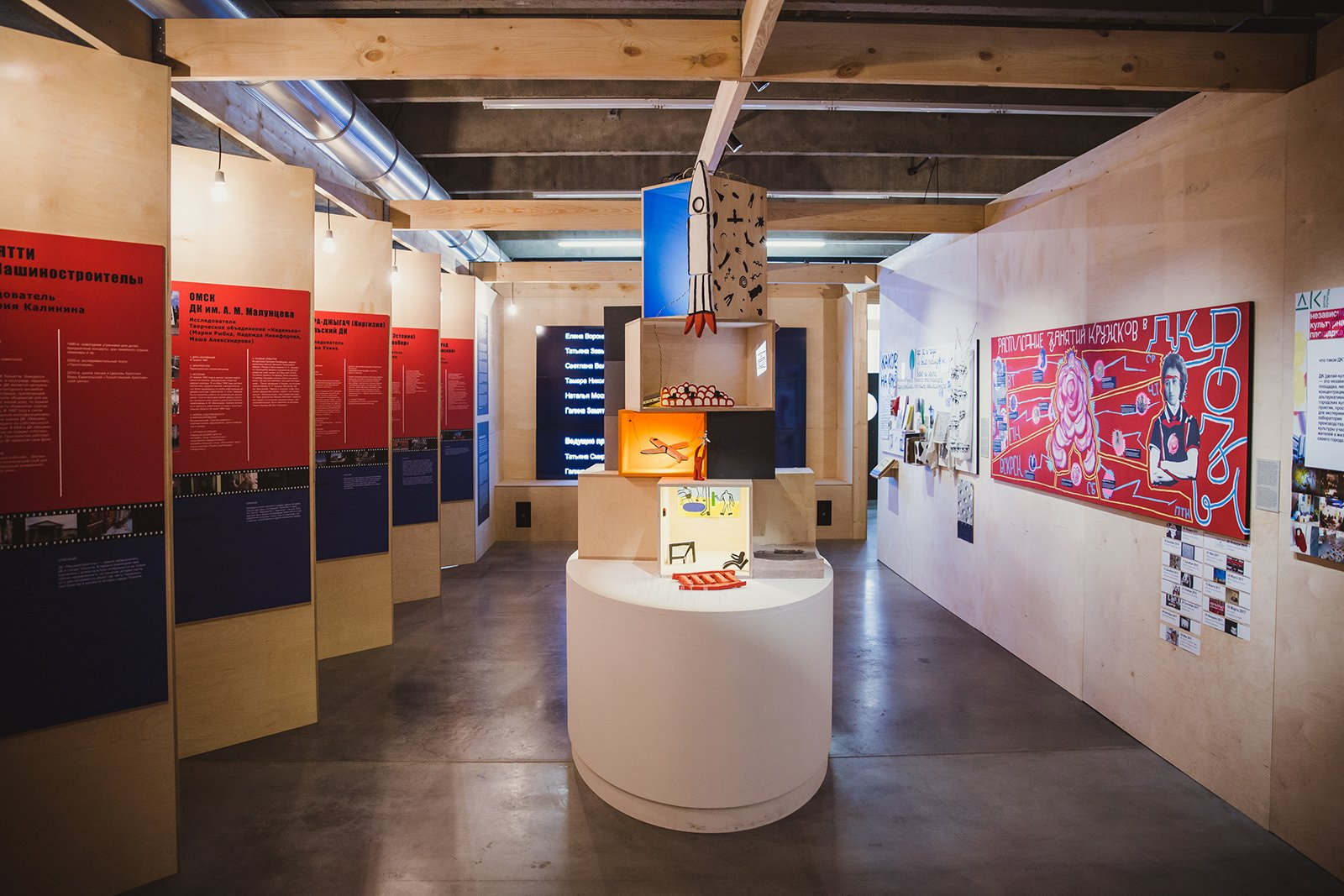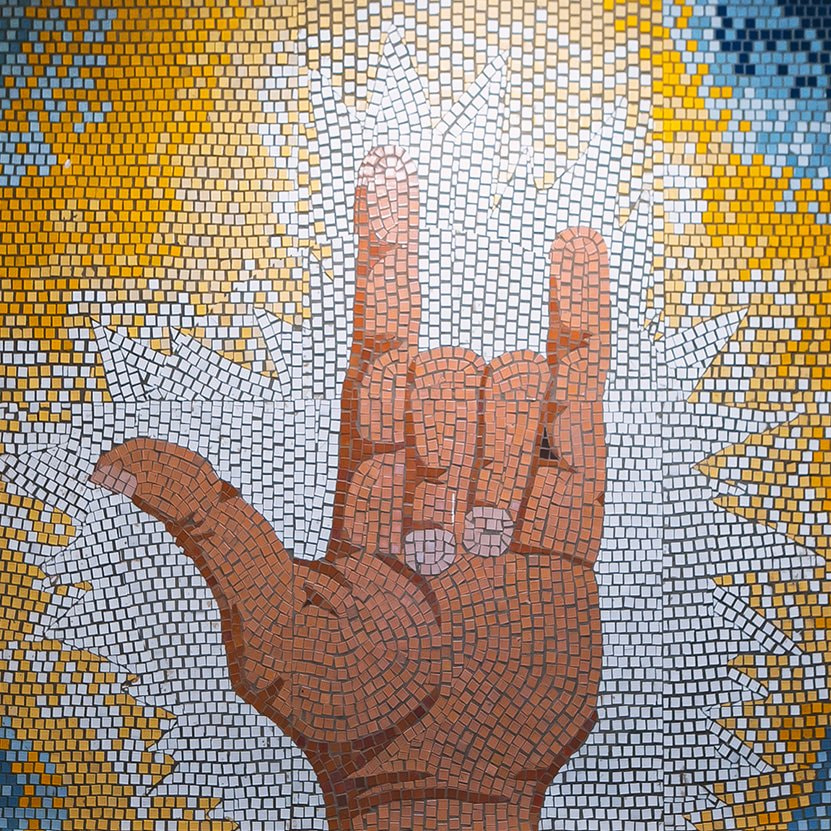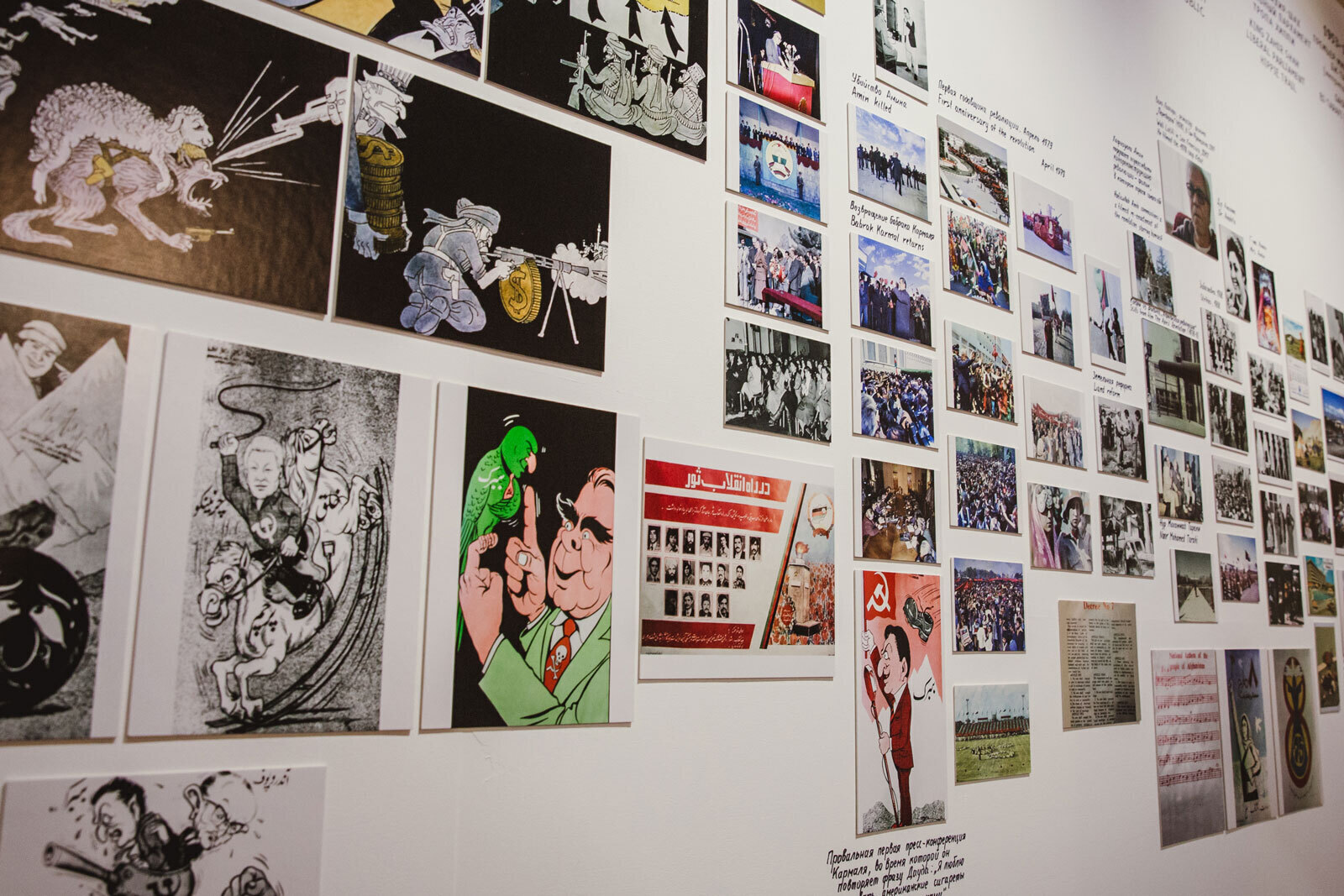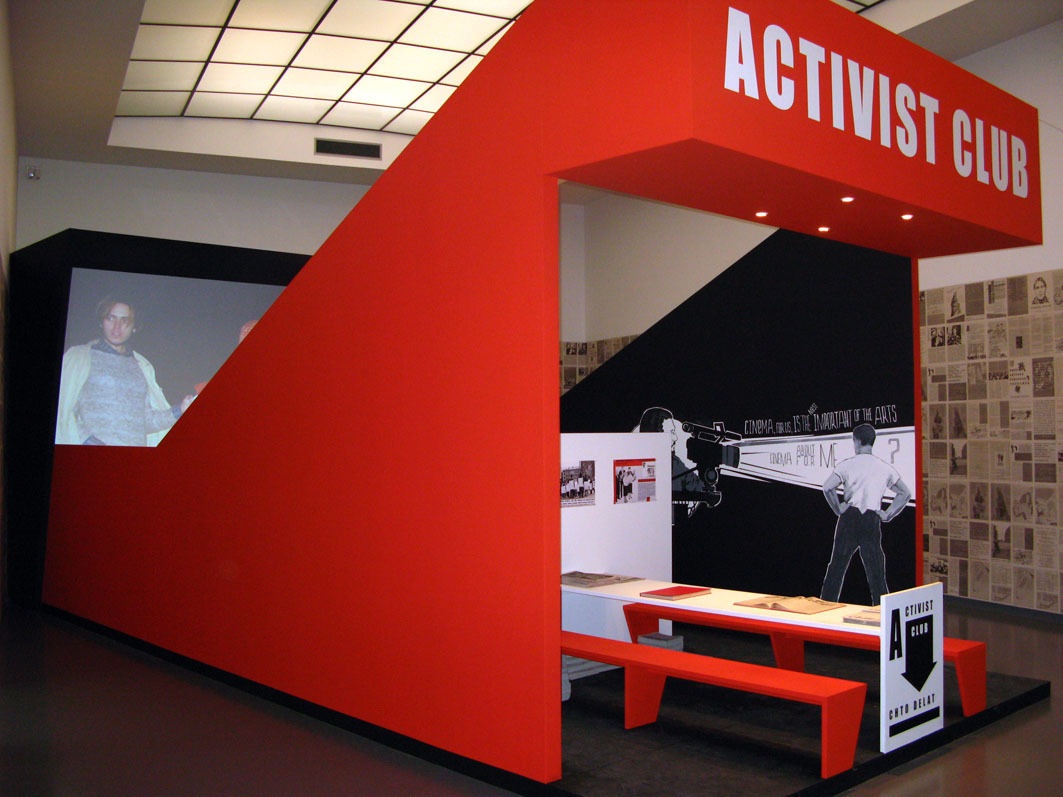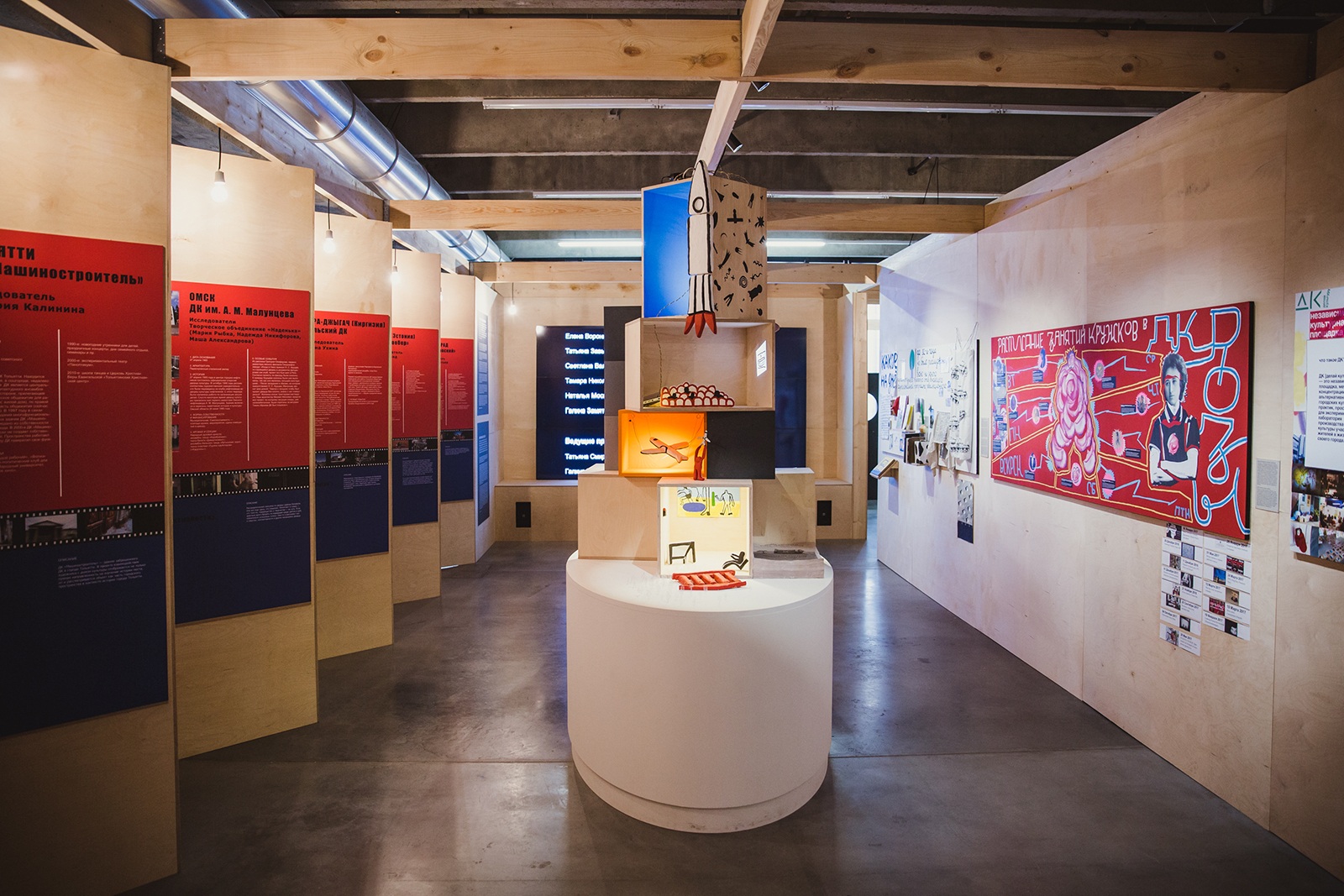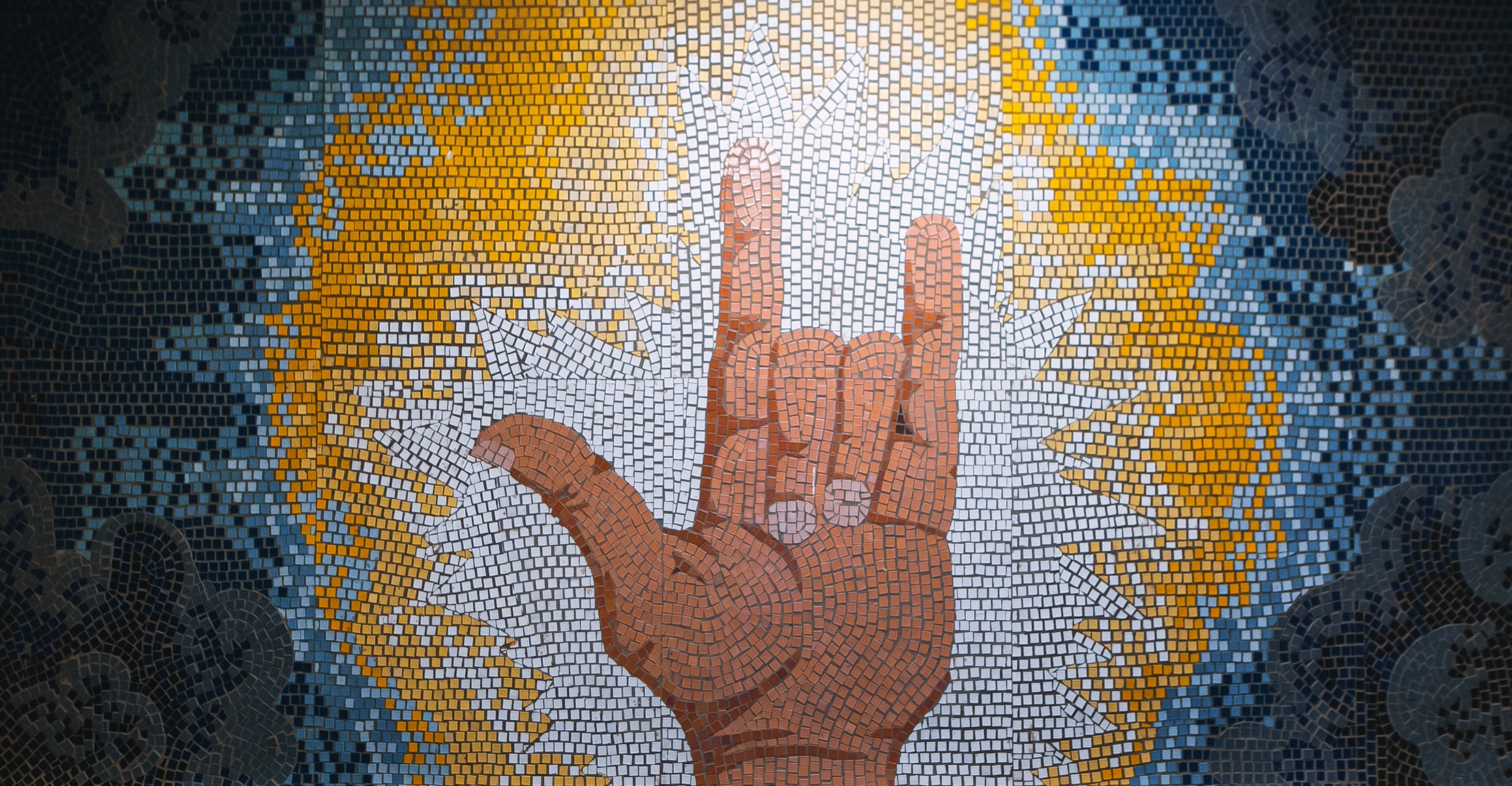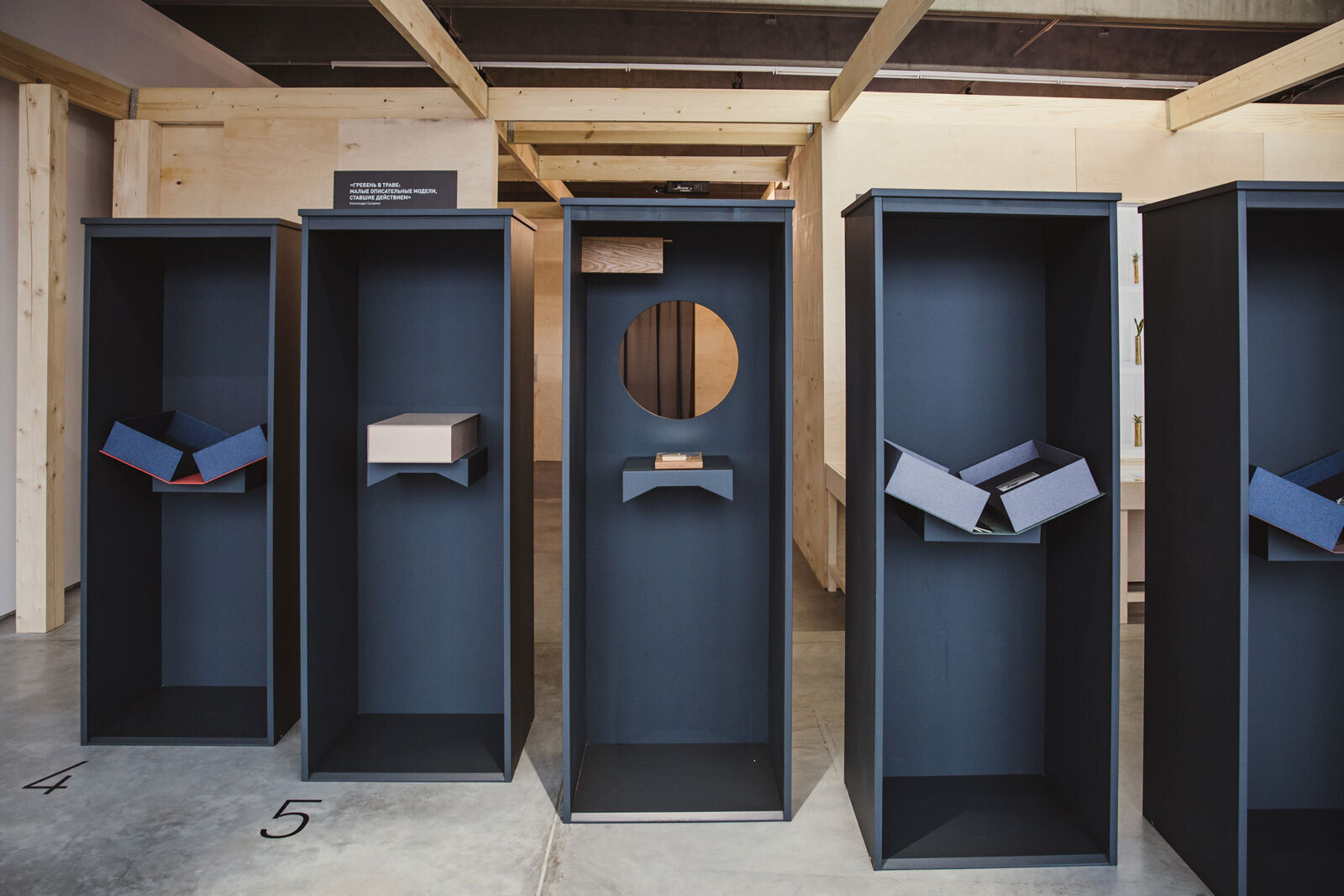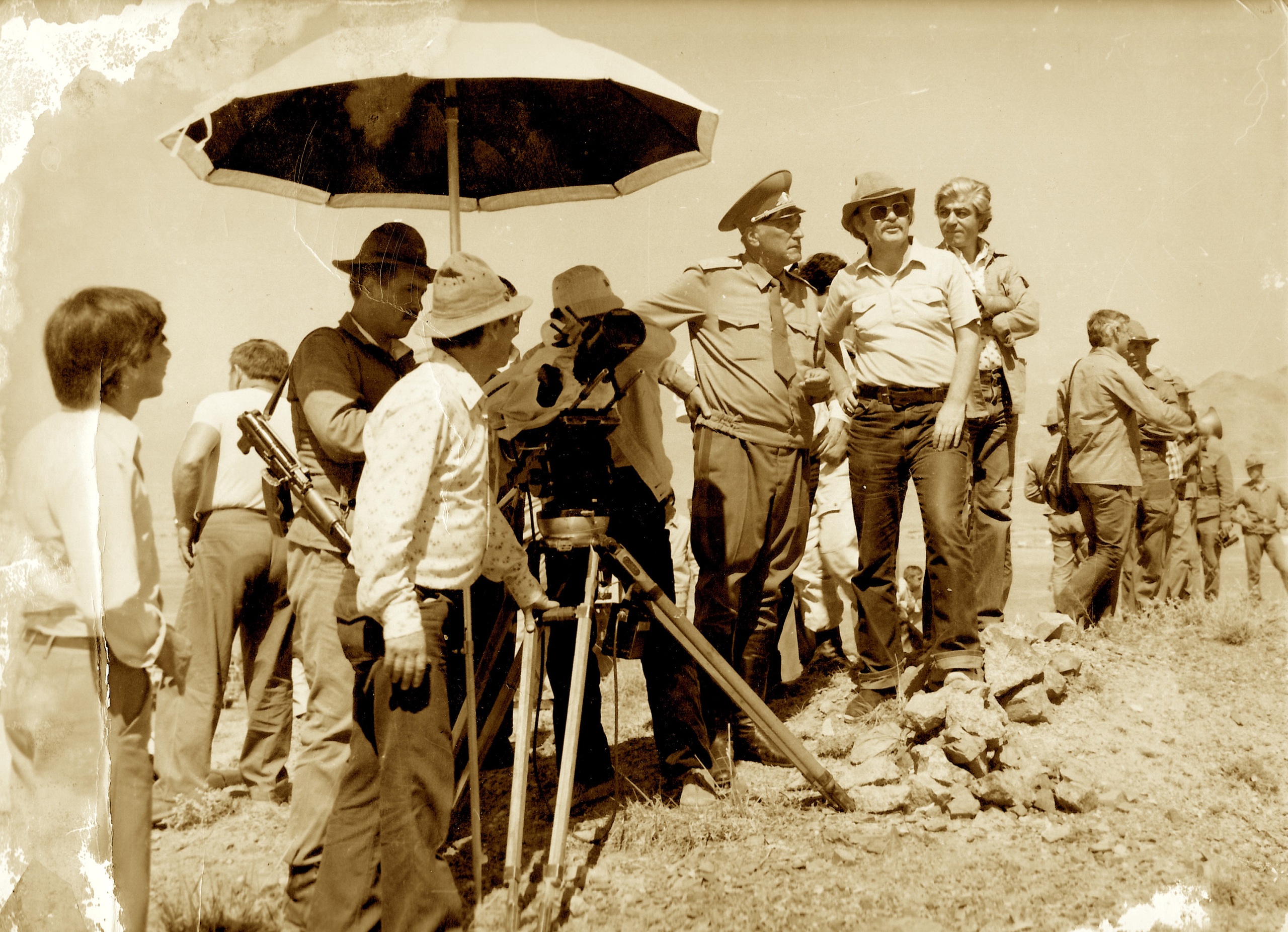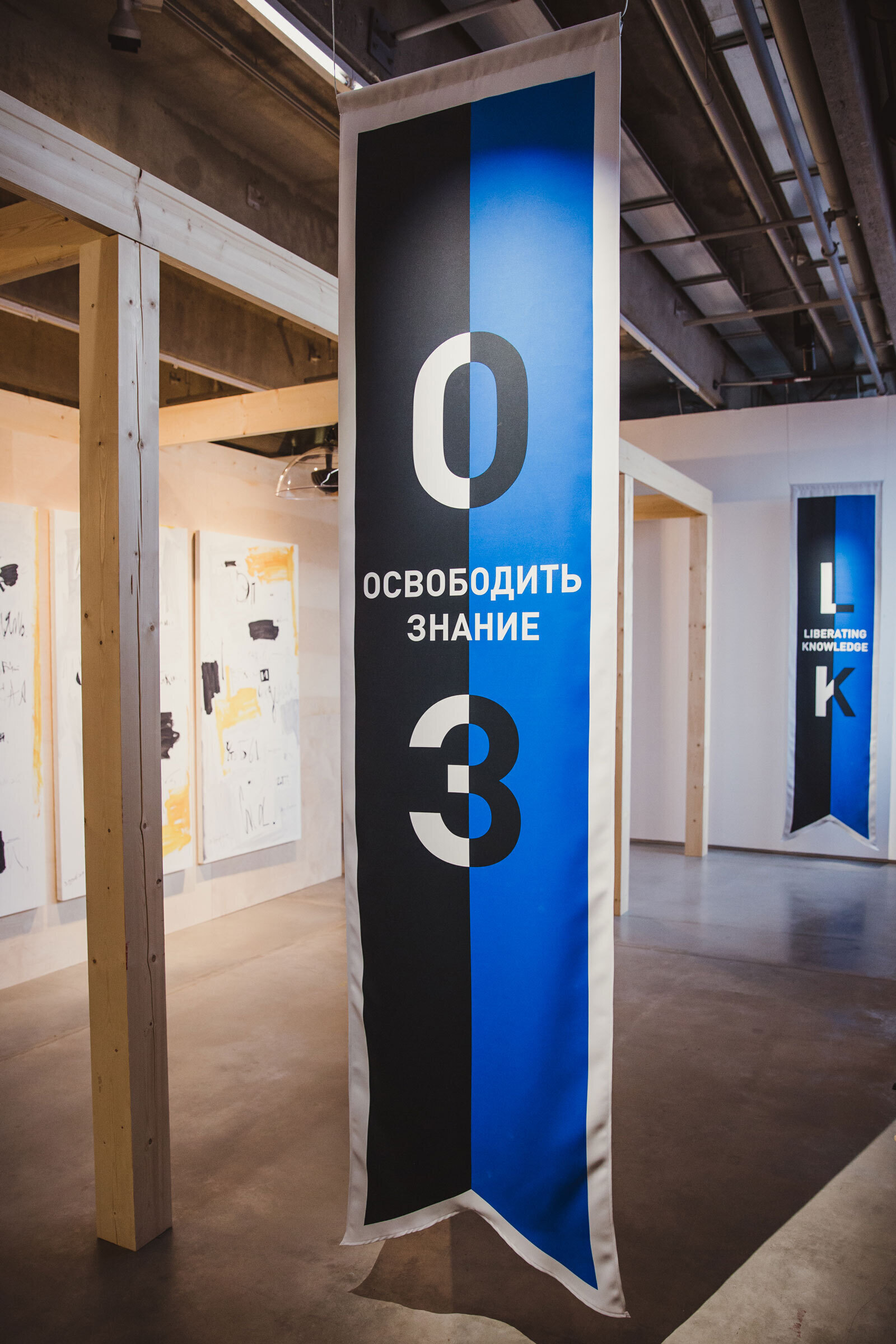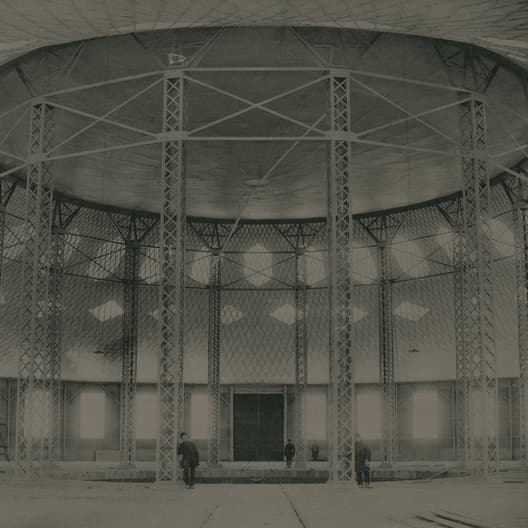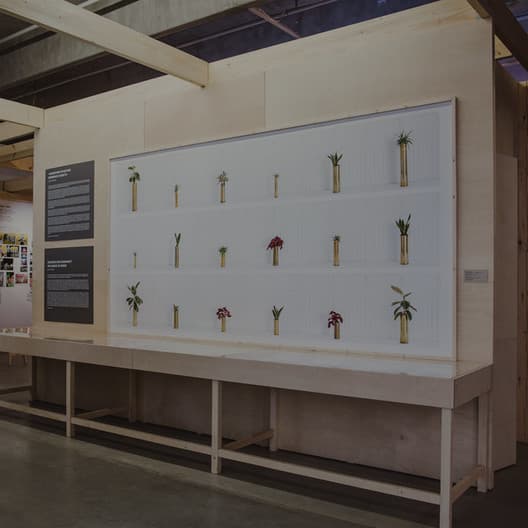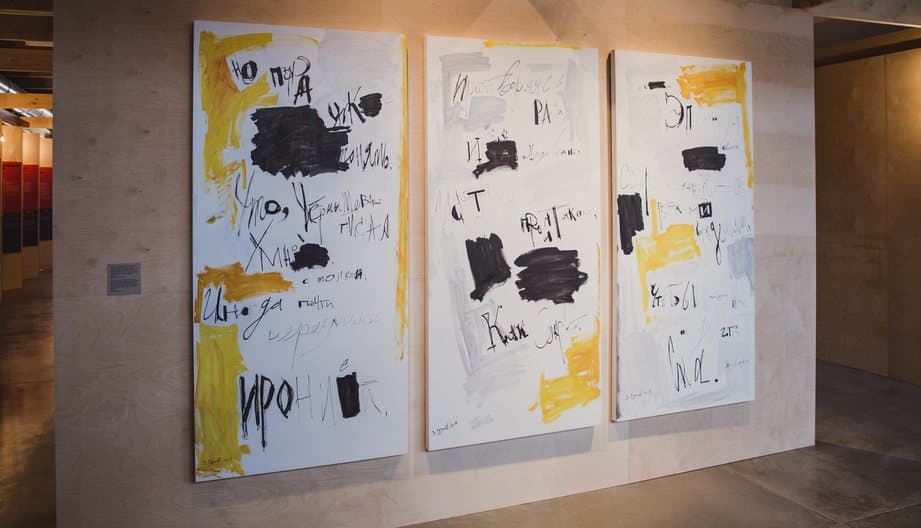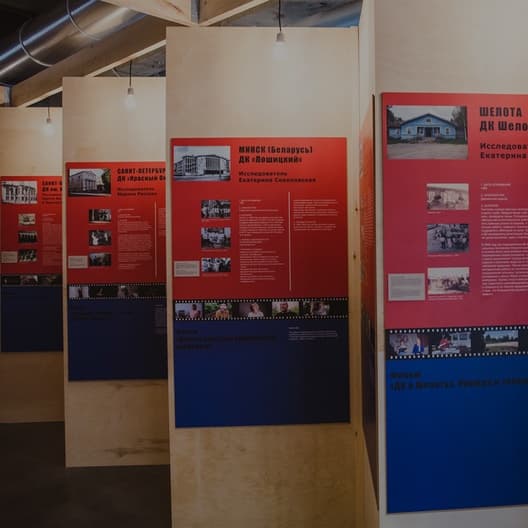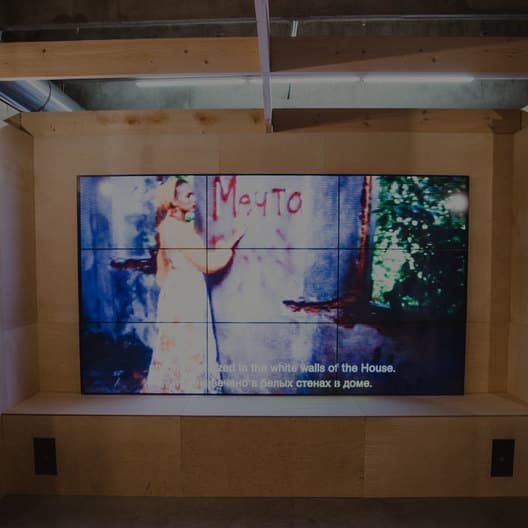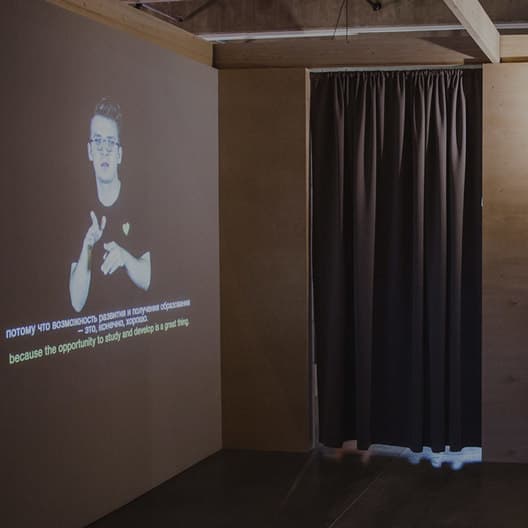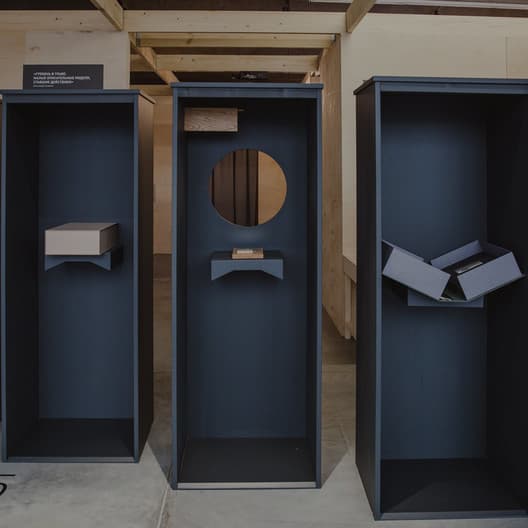Council, Tarek Atoui, and Alison O’Daniel
Council, Tarek Atoui, and Alison O’Daniel are working on the research Russian Deaf Culture: From Boarding School to Museum, which looks at how our idea of hearing is represented in arts and how it is transformed by artistic practices.
Tarek Atoui (b. 1980, Beirut, lives and works in Paris) is a musician, composer and sound artist. In 2006, he released his first solo album as part of the Mort Aux Vaches series for Staalplaat Records. In 2008, he served as Artistic Director of STEIM in Amsterdam, a center for the research and development of new electronic musical instruments. Atoui has presented his work internationally at the 8th Berlin Biennale (2014), Sharjah Biennial (2013 and 2009), documenta 13, Kassel (2012), Serpentine Gallery, London (2012), Performa 11, New York (2011), the New Museum of Contemporary Art, New York (2010), the Seoul International Media Art Biennale, Seoul (2010), and Haus der Kunst, Munich (2010).
Council (f. 2013) is a Paris-based art institution founded by curators Grégory Castéra and Sandra Terdjman. It is an attempt to initiate new forms of exchange between art, science, and civil society. Council follows the hypothesis that a better relationship between different disciplines could result in better political representation. Since its foundation, Council has developed its methods through three research-based projects: Tacet, Sharjah Biennial; MoMA PS1, New York; Bergen Assembly (2013–2016), The Manufacturing of Rights, Ashkal Alwan, Beirut (2014–2015), and On Becoming Earthlings, Musée de l'homme, Paris (2015), respectively exploring the representation of hearing diversity, the construction of Nature in law, and measuring climate change. These projects have resulted in various forms: research, workshops, publications, exhibitions, and the production of video and performative works.
Alison O’Daniel (b. 1979, Miami, USA, lives and works in Los Angeles) is an artist working across film, sculpture, performance, and music. She aims to examine the politics of production, representation, and reception regarding sound and acts of listening. Alison’s work has been presented in solo exhibitions at Samuel Freeman Gallery, Los Angeles (2016); Centre d’Art Contemporain Passerelle, Brest (2015); and Samuel Freeman Gallery, Los Angeles (2013).
Sammy Baloji’s investigation Research on Soviet Influence in Congo explores the Belgian Congo's transition to the Democratic Republic of the Congo, and the influence of communism on Congolese culture.
Sammy Baloji (b. 1978, Lubumbashi, lives and works in Brussels) is an artist and photographer. In his practice he uses photography, film, montage, and archives to confront the complex relationship between the colonial past and its political present. In collaboration with Bambi Ceuppens he curated Congo Art Works: Popular Painting at BOZAR, Brussels (2016), which traveled to Garage Museum of Contemporary Art, Moscow (2017). Solo exhibitions include: Des insectes au musée, Musée du Quai Branly, Paris (2014); Hunting & Collecting, MuZee, Ostend (2014); The Beautiful Time in Lubumbashi: Photography by Sammy Baloji, Museum for African Art, New York (2012); and Congo Far West, Royal Museum for Central Africa, Tervuren (2011). Group exhibitions include: documenta 14, Kassel and Athens (2017); 56th Venice Biennale (2015); 13th Biennale de Lyon (2015); and 11th Shanghai Biennale (2012). He has been the recipient of numerous awards including: the Smithsonian Artist Research Fellowship (USA, 2015); the Rolex Mentor and Protégé Arts Initiative Award (Switzerland, 2014), partnering with Olafur Eliasson; the Prince Claus Award (Netherlands, 2008); and two awards at the African Photography Biennial in Bamako, Mali (2007).
Chto Delat’s research, The Soviet Houses of Culture, traces the genealogy of Soviet Houses of Culture, exploring them as spaces where different emancipatory encounters with art and culture happened and investigating how these experiences can be translated into current-day counter-cultural practices.
Chto Delat (f. 2003) is an art group based in St. Petersburg founded by Olga Egorova and Dmitry Vilensky. It was subsequently joined by David Riff, Oxana Timofeeva, Nikolay Oleynikov, Aleksey Penzin, Alexander Skidan, and others. In 2013, it founded the School for Engaged Art, St. Petersburg. Solo exhibitions include: Time Capsule: An Artistic Report on Catastrophes and Utopia, Secession, Vienna and KOW, Berlin (2014–2015); Chto Delat? in Baden-Baden, Kunsthalle, Baden-Baden (2011–2012); Perestroika: Twenty Years After, 2011–1991, Kunstverein, Cologne (2011); and The Urgent Need to Struggle, Institute of Contemporary Arts, London (2010). Group exhibitions include: Really Useful Knowledge, Museo Nacional Centro de Arte Reina Sofía, Madrid (2014); Art Turning Left: How Values Changed Making 1789–2013, Tate Liverpool, Liverpool (2013); FORMER WEST: Documents, Constellations, Prospects, Haus der Kulturen der Welt, Berlin (2013); and Ostalgia, New Museum, New York (2011).
Mariam Ghani conducted part of her ongoing research, What We Left Unfinished, in Russia. She focused on collecting cinematic material in order to explore how the Afghan war was constructed cinematically for the Soviet people—and how it was framed for the Afghan people using cinematic methods influenced by Soviet filmmakers.
Mariam Ghani (b. 1978, New York, lives and works in New York) is an artist and filmmaker. Her research-based practice spans video, installation, photography, performance, and text. Ghani recently presented a commissioned work, The Garden of Forked Tongues at the Queens Museum in New York (2016). Group exhibitions and screenings include Unfinished: Thoughts Left Visible (2016); Met Breuer; But a Storm Is Blowing from Paradise: Contemporary Art of the Middle East and North Africa, the Guggenheim, New York (2016); documenta 13, Kabul and Kassel (2012); 10th Sharjah Biennial (2011); Modern Mondays, MoMA, New York (2011); New Video Art from Afghanistan, National Gallery of Art, Washington, D.C. (2008); and 3rd Liverpool Biennial (2004). Recent texts have been published by Creative Time Reports, Foreign Policy, Ibraaz, Triple Canopy, and Manifesta Journal. Curatorial projects include the international symposium Radical Archives (2014), Asian/Pacific/American Institute, New York University, New York; the collaborative exhibition Utopian Pulse, Secession, Vienna (2014); In Translation, Mayakovsky Library, St. Petersburg (2014); and the traveling film program History of Histories (2013).
Dmitry Gutov and David Riff
Dmitry Gutov and David Riff lead a research project entitled If Our Soup Can Could Speak... Mikhail Lifshitz and the Soviet Sixties, examining the complex meaning of 1968 in Soviet society in relation to the unique relevance of aesthetic philosopher and cultural critic Mikhail Lifshitz (1905–1983).
Dmitry Gutov (b. 1960, Moscow, lives and works in Moscow) is the founder of the Lifshitz Institute. Solo exhibitions include: Far from the Dust, Triumph Gallery, Moscow (2015); Fugue, Art Museum Riga Bourse, Riga (2014); Life is Hard, but, Thankfully, Brief, Triumph Gallery, Moscow (2014); and No Surprises, Moscow Museum of Modern Art, Moscow (2013). Group exhibitions include: 9th Shanghai Biennale (2012); Venice Biennale (2007 and 1995); documenta 12, Kassel (2007); Biennale of Sydney (2006); and Manifesta 1, Rotterdam (1996).
David Riff (b. 1975, London, lives and works in Berlin) is a writer, translator, artist, and curator. Riff has written widely on contemporary art in Russia and translated important texts from Russian to English. His most recent project is a forthcoming translation of the work of Soviet aesthetic philosopher Mikhail Lifshitz. Riff has also produced work as an artist, focusing on collaborative projects such as the Learning Film Group, The Karl Marx School of the English Language, and the Lifshitz Institute. Recent curatorial projects include: Monday Begins on Saturday, Bergen Assembly (2013, with Ekaterina Degot); the discussion platform and exhibition Auditorium Moscow, Moscow (2011, with Ekaterina Degot and Joanna Mytkowska); the international exhibition The Potosí Principle (2010–2011, curatorial correspondent); and the 1st Ural Industrial Biennial, Yekaterinburg (2010, with Cosmin Costinaş and Ekaterina Degot). Riff is a member of the Academy of the Arts of the World, Cologne, where he is currently Head of Publications.
Susanna Gyulamiryan is engaged in the research project Dialogues with Power: The Case of Vladimir Shukhov, which focuses on the Russian architect and engineer’s method of blending different ideologies and approaches in his practice. She explores how new cultural and architectural discourses start to develop after revolutions.
Susanna Gyulamiryan (b. 1960, Yerevan, lives and works in Yerevan) is a curator and art critic. She has initiated numerous exhibitions, research programs, lectures, and publications in Armenia and internationally. In 2007, she co-founded Art and Cultural Studies Laboratory (ACSL), of which she is currently president. In 2008, she initiated the Art Commune International Artist-in-Residence Program. She was formerly the editor of CinemArt, a journal of cinematography and arts. Since 2006, Gyulamiryan has been a member of AICA-Armenia (International Association of Art Critics). Over a period of ten years, she taught courses in Cultural and Gender Studies and Feminist Art Theory and Practice at the Department of Fine Arts, Armenian Open University (International Academy of Education) and ran the MA course in Gender Studies at the Department of Cultural Studies, Yerevan State University.
Alexandra Sukhareva’s research Comb in the Grass (Small Descriptive Models That Have Turned into Action) focuses on the Siege of Leningrad (September 8, 1941– January 27, 1944). In this research, the artist’s key concern is to explore the variety of channels and spiritual outlets through which people sought something to rely on in the face of uncertainty.
Alexandra Sukhareva (b. 1983, Moscow, lives and works in Moscow). Solo exhibitions include: Witness, Grebnevo Estate, Moscow Region (2013–2014); Eurauraga, Fabrika Center for Creative Industries, Moscow (2011); and Assembly Types (with Anna Titova), Fabrika Center for Creative Industries, Moscow (2009). Group exhibitions include: Human Commonalities, Vadim Sidur Museum, Moscow (2016); documenta 13, Kassel (2012); Things, Words, and Consequences, Moscow Museum of Modern Art, Moscow (2012); and From the Realm of Practical Knowledge, GMG Gallery, Moscow (2011).
